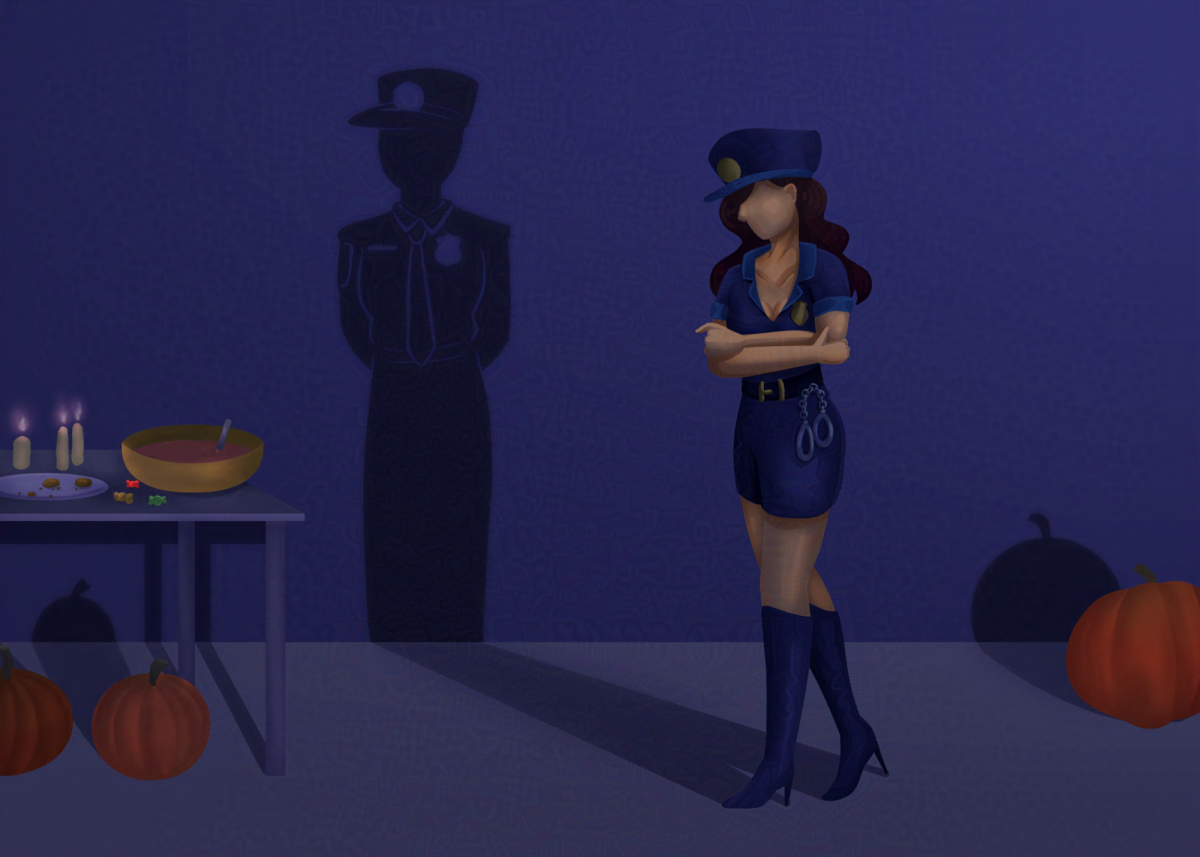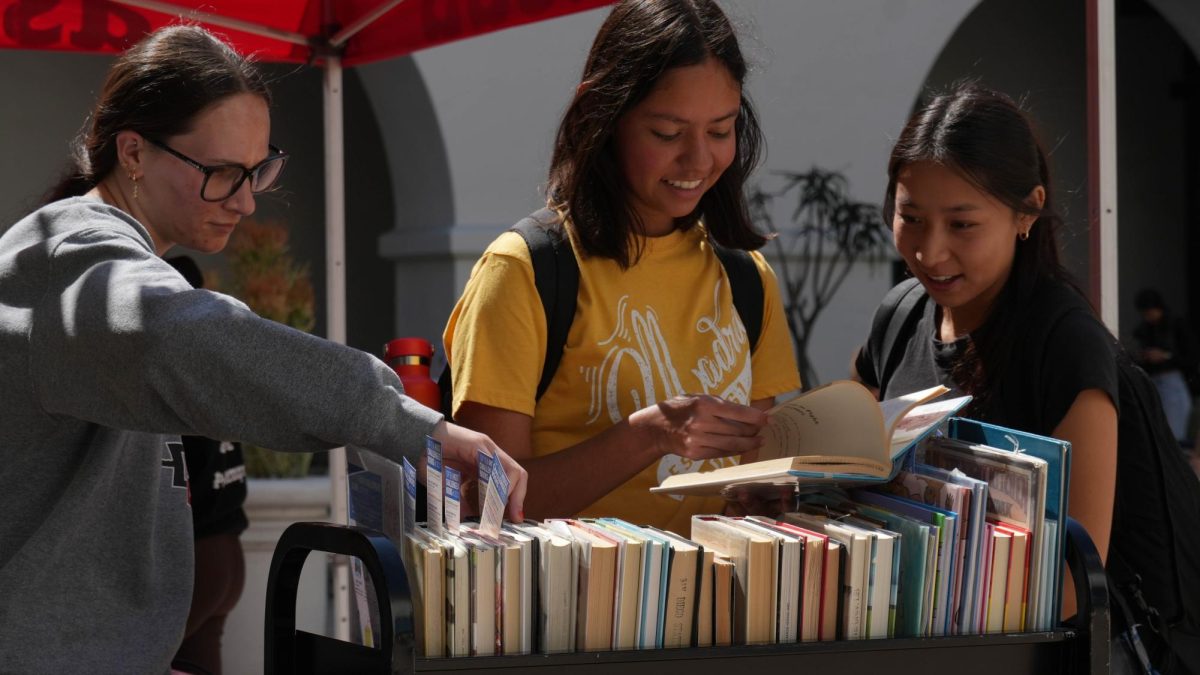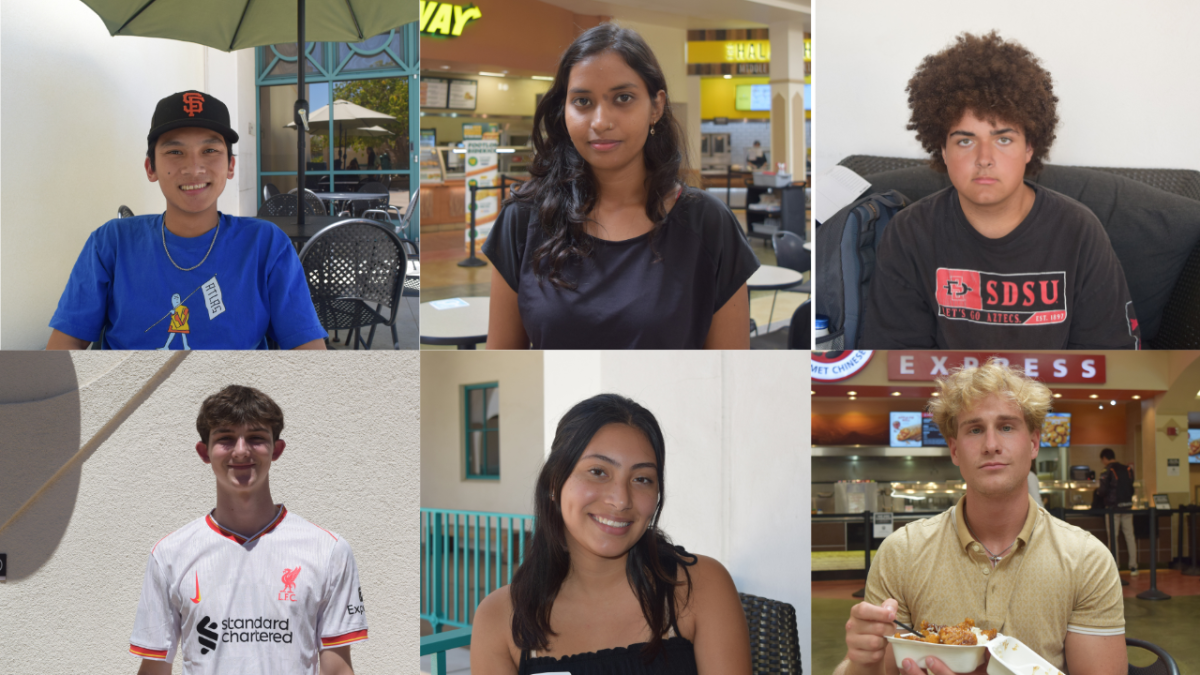It’s a reaction as visceral as it is unfounded.
Walking down El Cajon Boulevard, your periphery registers a hunched figure meekly presenting a cardboard box flap that advertises two arbitrary yet incisive choice words: Anything Helps. Your head lowers to your feet, your steps quicken. Your mom told you never to talk to strangers — especially strangers with matted hair and soiled fingernails.
It’s time to save yourself the righteous self-denial and admit it: we’ve all acted this way at one point or another (or maybe even at multiple points) when we’ve encountered a homeless person. And I so ignorantly accepted that shameful reality until literally last week, when I finally realized how much of an elitist ass I’ve been for the past 20 years.
The homeless of San Diego ubiquitously populate city street corners, seeming to melt without protest into their concrete mattresses. And we treat them as if it is such. For so long we’ve conditioned ourselves not to look, so much to the point that we no longer see. The 2018 WeAllCount census indicates that as of the end of January, 4,990 “unsheltered” individuals resided on the streets of San Diego County (they were categorized as unsheltered if they resided, at the point of census, in a place not meant for human habitation, such as a car, park, sidewalk,etc.). This population has been on the decline since the previous 2017 census, but San Diego County still remains the county with the fourth-largest homeless population in the nation.
And so, while it’s no mystery why coming across a homeless person on a daily basis is so common, it is ridiculous that we haven’t yet figured out how to act around one.
For most people, homelessness inflicts their lives at surreptitiously harmful junctures. A missed parole meeting or an unwanted house guest could land a low-income citizen on the streets, while most other people arrive 30 minutes late to a business meeting or cavalierly board friends in their times of crisis without batting an eye.
Laura Morgan was a guest speaker on a podcast titled “Homeless in San Diego: Real People, Real Stories” and a previous homeless person. The host, Greg Angel of Interfaith Community Services, asked her about her life on and off the streets and the challenges she’s faced along the way. Morgan moved to San Diego at age 15 to follow a husband in the military and floated from shelter to shelter for seven years. She lost her housing when her youngest daughter got pregnant and Morgan allowed the boyfriend to move in, which violates the conditions of Section 8 housing.
Morgan said the hardest aspect of homeless life was the lack of respect she encountered so often.
A recovering addict, Morgan adamantly pursues her sobriety and said at times, the police would raid the supply of Motrin she kept for her arthritis and accuse her of relapsing on crystal meth.
“They weren’t going to take away the last part of the dignity that I had,” Morgan said. “There was a little bit of dignity that I still had.”
In the absence of a place to bathe, Morgan would take the smallest hygienic matters into her own hands, literally, to recover even an ounce of that last dignity.
“I used to get my fingernails polished all the time when I was on the streets,” said Morgan. “ And people would go ‘oh your fingernails are so pretty’ and I would just keep putting fingernail polish on them so they wouldn’t look dirty, because when you’re on the streets your whole body feels dirty.”
Homelessness is an institutionalized issue, I get that. But that doesn’t mean the rest of us are off the hook. Homeless people are people. Like Laura Morgan, they all have a backstory, a life and a personality. Us treating them like mutts not only worsens the situation, but inflicts irreparable mental trauma on the homeless and negates their humanity.
That’s not right, and you know it. We all do; so let’s change something.









